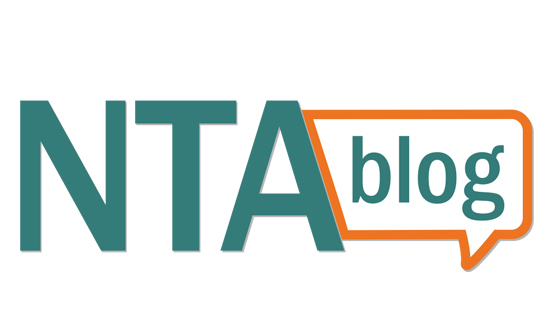Subscribe to the NTA’s Blog and receive updates on the latest blog posts from National Taxpayer Advocate Erin M. Collins. Additional blogs can be found at www.taxpayeradvocate.irs.gov/blog.


Over the years, I have expressed significant concern with the continuing erosion of taxpayers’ right to appeal an IRS decision in an independent forum. (IRC § 7803(a)(3)). Of late, one of the major challenges to this right and to the independence of Appeals has been Appeals’ express desire to include IRS Counsel and Compliance in conferences regardless of whether taxpayers consent to this expanded participation. I have blogged about this before and also raised the subject in my Fiscal Year 2019 Objectives Report to Congress. Nevertheless, the issue continues to exist and I believe it is important to revisit the concerns and suggest a transparent, data-driven way forward.
In October 2016, Appeals revised its Internal Revenue Manual (IRM) guidance to encourage the inclusion of Counsel and Compliance in conferences (IRM 8.6.1.4.4). Beyond my own misgivings, this emphasis generated substantial uneasiness within the tax practitioner community. Among other things, stakeholders expressed fears that the inclusion of Counsel and Compliance in Appeals conferences would fundamentally change the nature of those conferences and would jeopardize Appeals’ independence, both real and perceived. I also warned that adding Counsel and Compliance to Appeals conferences could generate additional costs for the government and taxpayers in the form of fewer case resolutions, additional litigation, and reduced long-term compliance.
Subsequently, Appeals clarified that, although Counsel and Compliance would be involved in Appeals proceedings, their participation would end prior to the commencement of settlement negotiations. While this limitation is welcome, if Counsel and Compliance are still allowed an additional opportunity to argue for their positions, the dynamic of the Appeals conference is changed, and the ATE’s role as independent decisionmaker is jeopardized. Occasionally, some taxpayers might appreciate the increased involvement of Counsel and Compliance in the Appeals process as a means of expediting a negotiated settlement. That being said, this expanded participation should be consensual, not the result of a mandate by Appeals. Such unilaterally imposed, “take it or leave it” procedures are wholly inconsistent with the cooperative, bilateral environment best suited for voluntary case resolution.
In its response to my recommendations in the 2017 Annual Report to Congress, Appeals emphasized that this expanded participation was, at least for the moment, being implemented only as part of “a limited pilot focused on a very small population of large, complex cases involving well-represented taxpayers” (pages 153-159). However, the problems against which both I and tax practitioners previously warned have arisen even in cases involving the small group of taxpayers best situated to deal with problems flowing from the attendance of Counsel and Compliance at their Appeals conferences.
At a recent Tax Executives Institute conference, practitioners reported a number of troubling developments occurring as part of the pilot (2018 TNT 188-6). These include cases that go on too long because Appeals Team Case Leaders (ATCLs) fail to rein in Compliance, phone calls between ATCLs and Compliance from which taxpayers and their representatives are excluded, Compliance being allowed to supplement its position late in the game, and generally inconsistent application of ground rules. So far, the closest Appeals has come to addressing these serious concerns is to suggest that practitioners mention them in a related survey that “would hopefully be available by next spring” (2018 TNT 188-6). While it makes sense to do an orderly, representative survey of program participants, by failing to address these allegations directly and promptly, Appeals could be viewed as finding nothing wrong with the behavior complained of. A more immediate investigation by Appeals is warranted, along with a commitment to additional training for the program’s participants, particularly in the area of ex parte communication.
In order to preserve its own legitimacy and to protect taxpayer rights, Appeals must ensure that the pilot program is evaluated based on qualitative and quantitative measures and that the results, including Appeals’ own evaluation, are published in a fully transparent fashion. For example, a decision regarding whether to continue, expand, or abandon the participation of Counsel and Compliance in Appeals conferences should only be reached after considering the impact such participation has on the cycle time and the frequency and favorability of settlements in cases within the pilot, as compared with comparable cases in the general Appeals inventory. This data, along with the observations of participants and the analysis of Appeals, should then be made available to stakeholders for review and comment.
At that point, working collaboratively with stakeholders and the National Taxpayer Advocate, Appeals will be in a position to decide where things should go from here. Appeals has the opportunity to enhance its own credibility and effectiveness as an administrative dispute resolution vehicle by proceeding in a fair, transparent, and collaborative manner. I urge Appeals to embrace this opportunity as it moves forward in evaluating the pilot program.